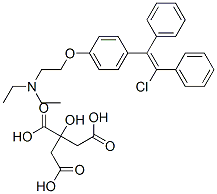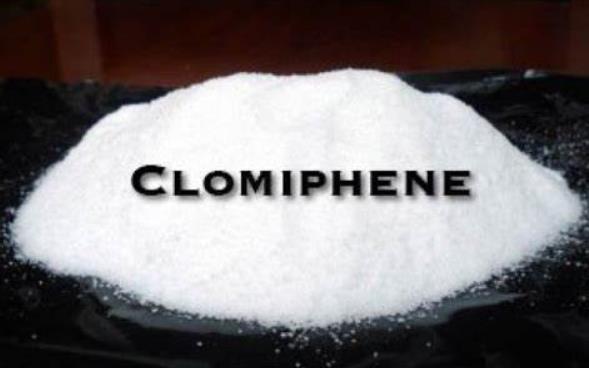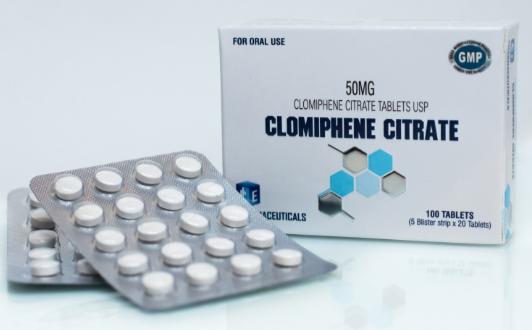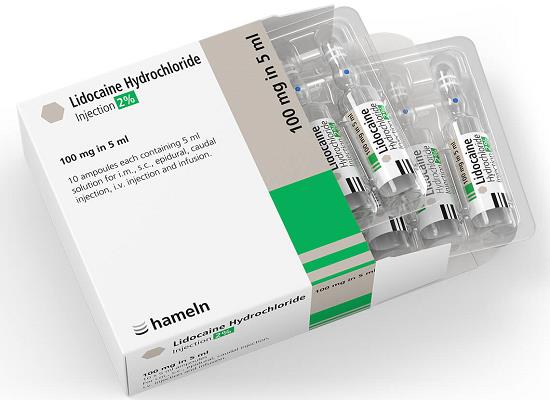Clomiphene Citrate for the Treatment of Hypogonadism
General Description
Clomiphene Citrate is an alternative treatment for hypogonadism in men who want to maintain fertility. It modulates hormones centrally, increasing luteinizing hormone and follicle-stimulating hormone secretion, as well as testosterone production. Clomiphene citrate has been shown to effectively increase testosterone levels and preserve fertility. It has comparable effects to testosterone replacement therapy in improving symptoms of hypogonadism, such as sexual function. However, some studies have reported fatigue and worsening mood symptoms with Clomiphene citrate treatment. Limited data is available on its effects on erectile function. Overall, Clomiphene citrate provides a viable option for managing hypogonadism and preserving fertility in men.
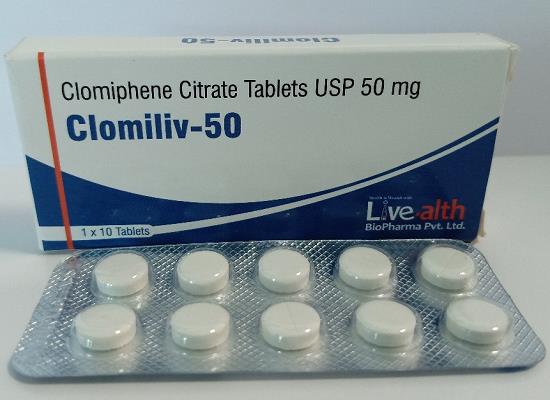
Figure 1. Tablets of clomiphene citrate
Scope
Clomiphene Citrate is an alternative treatment for hypogonadism in men who wish to maintain fertility. Hypogonadism is a condition characterized by low testosterone levels, and its prevalence ranges from 2% to 13%. Middle-aged men experience a yearly decline in total testosterone of about 0.8-1.6%. It is estimated that 40% of men aged 45 years and older are hypogonadal. Common symptoms of hypogonadism include decreased energy, decreased libido, depressed mood, decreased muscle mass, and increased body fat. The most common treatment for hypogonadal men is testosterone replacement therapy (TRT). However, TRT can have side effects such as gynecomastia, mastodynia, acne, secondary polycythemia, and testicular atrophy. It also suppresses the hypothalamic-pituitary-gonadal axis, leading to decreased production of LH and FSH, which are essential for testicular steroidogenesis and spermatogenesis. In contrast, Clomiphene citrate does not suppress the HPG axis, making it a suitable option for hypogonadal men who want to maintain fertility. Patient selection for Clomiphene citrate therapy is still an area of ongoing research. Men with normal testicular volume and low/normal LH levels before treatment may be better candidates for Clomiphene citrate therapy. A retrospective study indicated that a testicular volume of less than 14 mL and an LH level higher than 6 IU/mL were significant predictors of improvement in serum testosterone in hypogonadal men treated with Clomiphene citrate. Overall, Clomiphene citrate provides an alternative treatment option for hypogonadal men who wish to preserve their fertility while managing their condition. 1
Hormonal modulation
Clomiphene Citrate is a medication that modulates hormones by exerting its effects centrally, leading to increased secretion of luteinizing hormone and follicle-stimulating hormone, as well as increased production of testosterone in the testicles. Numerous studies have demonstrated significant increases in serum testosterone, LH, and FSH levels with Clomiphene citrate treatment. Comparisons between Clomiphene citrate and testosterone replacement therapy have shown comparable increases in testosterone levels. In fact, Clomiphene citrate has been found to be more effective than aromatase inhibitors in increasing testosterone levels. While there is limited data on the potential increase in estrogen production with Clomiphene citrate, some studies have suggested a rise in the testosterone to estrogen ratio after Clomiphene citrate treatment. The significance of the T:E ratio in hypogonadal men remains unclear. However, studies have shown that the T:E ratio may be more predictive of low libido than total testosterone levels in certain populations. Clomiphene citrate is a combination of trans and cis isomers, with enclomiphene and zuclomiphene having antagonistic and agonistic properties towards estrogen receptors, respectively. Enclomiphene citrate, which consists of the trans isomer only, has shown significant increases in testosterone levels while preserving or improving spermatogenesis in phase 2 studies. In conclusion, Clomiphene citrate's ability to modulate hormones centrally makes it an effective option for increasing testosterone levels and preserving fertility in hypogonadal men. 1
Treatment of symptoms
Clomiphene Citrate has been investigated for its symptomatic effects on hypogonadal men. Studies using the androgen deficiency in aging men questionnaire have shown an increase in satisfaction with Clomiphene citrate treatment. Comparable improvements in ADAM scores have been reported in men treated with Clomiphene citrate compared to those treated with testosterone replacement therapy. Specifically, Clomiphene citrate has been shown to improve sexual function domain in men treated with transdermal TRT. However, some studies have reported fatigue and worsening mood symptoms in men treated with Clomiphene citrate. There is also limited data on the effects of Clomiphene citrate on erectile function. One study evaluated the effects of Clomiphene citrate on erectile dysfunction in men with secondary hypogonadism and found that free testosterone improved in all patients and 75% reported improved sexual function. However, a previous double-blind placebo-controlled trial did not show improvement in sexual function. Another study assessing baseline and post-treatment Sexual Health Inventory for Men scores showed no significant difference. 2
Reference
1. Wheeler KM, Sharma D, Kavoussi PK, Smith RP, Costabile R. Clomiphene Citrate for the Treatment of Hypogonadism. Sex Med Rev. 2019;7(2):272-276.
2. Taylor F, Levine L. Clomiphene citrate and testosterone gel replacement therapy for male hypogonadism: efficacy and treatment cost. J Sex Med. 2010;7(1 Pt 1):269-276.
Related articles And Qustion
See also
Lastest Price from Clomiphene Citrate manufacturers
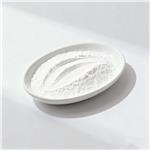
US $0.00/Box2025-09-26
- CAS:
- 50-41-9
- Min. Order:
- 1Box
- Purity:
- 0.99
- Supply Ability:
- 10tons

US $0.00/Box2025-09-26
- CAS:
- 50-41-9
- Min. Order:
- 1Box
- Purity:
- 0.99
- Supply Ability:
- 10tons
